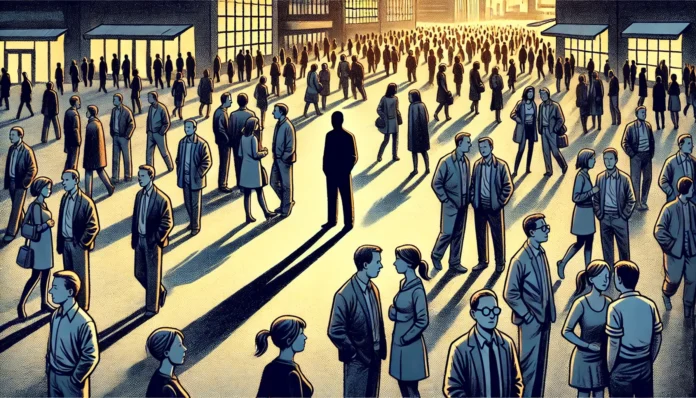Who Are the “Nones”?
The term “nones” refers to individuals who, when asked about their religious affiliation, respond with “none.” This group is far from monolithic, encompassing atheists, agnostics, secular humanists, and those who are simply indifferent to religion. According to the Pew Research Center, about three in ten U.S. adults now identify as religiously unaffiliated, a dramatic increase from previous decades. The “nones” are not just a Western phenomenon; their numbers are swelling across continents, reshaping societies in profound ways.
Global Trends: The Rapid Rise of the Unaffiliated
Recent data from the World Values Survey and other reputable sources reveal a striking trend: the unaffiliated are one of the fastest-growing demographic groups worldwide. In countries like the United States, the United Kingdom, Germany, and even traditionally religious nations such as Brazil and South Korea, the proportion of people who claim no religious affiliation is steadily climbing.
For example, the Pew Research Center reports that in the U.S., the percentage of religiously unaffiliated adults has risen from 16% in 2007 to 29% in 2021. In the United Kingdom, the British Social Attitudes Survey found that over half of the population now identifies as having no religion. Similar patterns are observed in Australia, New Zealand, and much of Western Europe.
Why Are the Nones Growing?
Several factors contribute to the global rise of the nones. One major driver is the increasing access to education and information, which encourages critical thinking and skepticism about religious claims. The internet has played a pivotal role, providing platforms for secular communities and exposing individuals to diverse worldviews.
Another factor is the growing perception that religion is not necessary for morality or a meaningful life. As societies become more secular, traditional religious institutions lose their influence over social norms and personal values. In many countries, younger generations are leading the charge, with Millennials and Generation Z far more likely to identify as unaffiliated compared to older cohorts (Pew Research Center).
Additionally, scandals and abuses within religious organizations have eroded trust, prompting many to distance themselves from organized religion. The rise of individualism and the emphasis on personal autonomy also play significant roles in this demographic shift.
The Diversity Within the Nones
It’s important to recognize that the nones are not a homogenous group. According to the Pew Research Center, only a minority of nones identify as atheists or agnostics. Many describe themselves as “spiritual but not religious,” while others are simply indifferent to spiritual matters altogether. This diversity reflects a broader trend toward individualized belief systems and away from institutionalized religion.
Despite their differences, nones tend to share certain values, such as support for science, secular governance, and social equality. These shared values often translate into political and social activism, particularly on issues like LGBTQ+ rights, reproductive freedom, and the separation of church and state.
Impact on Politics and Social Norms
The rise of the nones is having a profound impact on politics and social norms worldwide. In the United States, the unaffiliated are now a key voting bloc, often supporting progressive policies and candidates. Their influence is evident in debates over issues such as abortion, same-sex marriage, and religious exemptions.
Globally, the growth of the nones is challenging the traditional dominance of religious institutions in public life. In countries like France and the Netherlands, secularism is deeply embedded in national identity, and the unaffiliated play a significant role in shaping public policy. Even in more religious societies, the presence of a sizable nonreligious population is forcing governments and religious leaders to adapt to changing social realities (World Values Survey).
Looking Ahead: The Future of the Nones
Demographic projections suggest that the number of nones will continue to grow in the coming decades. The Pew Research Center estimates that if current trends persist, the unaffiliated could become the majority in several Western countries within a generation. This shift has far-reaching implications for everything from education and public policy to interfaith relations and cultural identity.
As the nones become more visible and influential, they are likely to push for greater secularization and the protection of individual rights. Their emphasis on reason, evidence, and humanistic values offers a compelling alternative to dogma and tradition, fostering societies that are more inclusive, rational, and just.
Sources
- Pew Research Center: About Three-in-Ten U.S. Adults Are Now Religiously Unaffiliated
- World Values Survey
- British Social Attitudes Survey
- Pew Research Center: Modeling the Future of Religion in America
The global rise of the nones is more than a statistical trend—it is a transformative force reshaping the cultural, political, and moral landscape of the 21st century. As this movement continues to gain momentum, its impact will be felt in every corner of the globe, challenging old assumptions and opening new possibilities for human flourishing.

